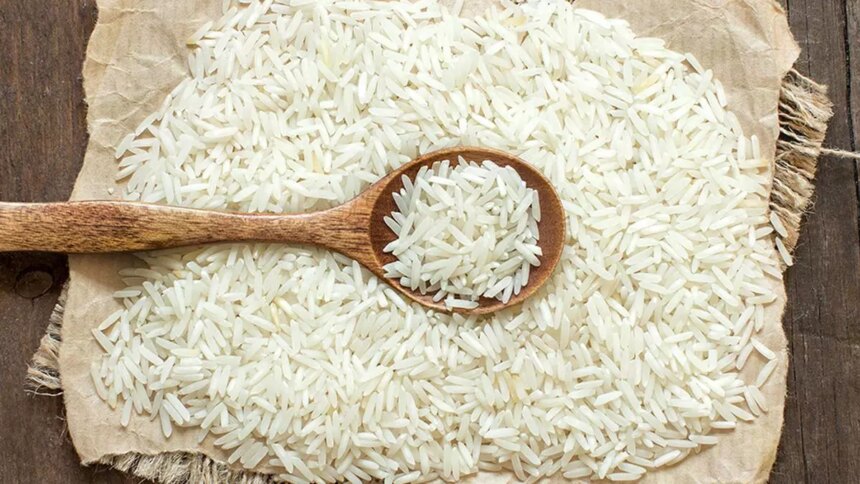The ongoing dispute between India and the European Union over access to Pakistan’s proof on Basmati rice origin has sparked a legal battle that has now reached the European Court of Justice. The EU’s refusal to provide India with the annexures attached to Pakistan’s application for protected Geographical Indication (PGI) has raised concerns about transparency and fairness in the PGI process.
India’s request for the documents submitted by Pakistan, which prove the origin of Basmati rice in the claimed areas, has been denied by the EU citing commercial interests and potential impact on international relations with Islamabad. This has led to India challenging the decision in court, highlighting the importance of the annexures in evaluating the historical origin claim of Pakistan.
The EU’s reliance on regulations to withhold crucial information without providing reasons has raised questions about the objectivity of the PGI process. Experts argue that the decision should be based on the merit of the case rather than political considerations or commercial interests.
The lack of credible historical evidence from Pakistan regarding the origin of Basmati rice has further complicated the issue. Pakistan’s claim is based on questionable sources, and trade sources suggest that the EU’s bias against India is evident in its decision-making process.
In light of these developments, it is crucial for India to assert its rights and protect the exclusivity of Basmati rice. Involvement of politicians and a strategic approach to target the EU’s whiskey and wine market could be key in safeguarding India’s interests in the PGI dispute.
Overall, the dispute underscores the need for a transparent and rule-based system in evaluating PGI applications. India’s response to the EU’s decision will shape the future of its trade relations and the protection of its agricultural heritage.










